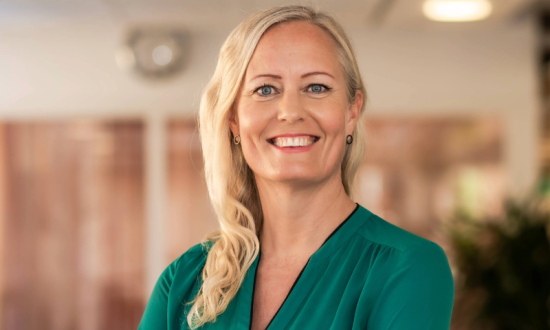Elin Bergman is known for being the Circular Economy Queen of Sweden. She is the COO and spokesperson of the Swedish circular economy network Cradlenet and is also one of the co-founders of the Nordic Circular Hotspot, a collaboration platform for accelerating circular economy in the region. She has also recently become a Founding Member of the Circular Economy Coalition – an international coalition of value-aligned individuals and organisations collectively advancing the circular economy through shared tools and resources, bridging the Global North and Global South. For many years, she worked as WWF Sweden’s circular economy expert, where she developed the international circular economy network Baltic Stewardship Initiative, to enable the recirculation of nutrients in the Baltic Sea region in the agri-food sector.
Recently, in an exclusive interview with CXO Outlook Magazine, Elin shared her journey to her current role, the inspiration behind establishing Nordic Circular Hotspot, insights on the biggest challenges faced by businesses when it comes to sustainability, significant career milestones, future plans, pearls of wisdom, and much more. The following excerpts are taken from the interview.
Elin, could you please share your journey to your current role?
I’m a sailor and in 2013 I went to a lecture to hear a speech of my sailing idol, Ellen MacArthur, who came to Stockholm, Sweden. I just wanted to see her because she singlehandedly sailed around the world and broke the world record which was fantastic. I heard her lecture using the boat as a likeness for the planet as she sailed around the world. If she didn’t take care of her scarce resources on the boat, which was food, water and energy at the time, she wouldn’t have made it. We’re all in the same boat on this planet and that was for me the best story ever. When she started talking about circular economy, so much resonated with me that I was like, I need to do this. I need to put my life into spreading the word about this. The organization that had invited Ellen MacArthur to speak was Cradlenet, and that’s where I work today.
Brief us about your roles and responsibilities as Chief Operating Officer, Vice Chair and Spokesperson at Cradlenet.
Cradlenet is a non-profit business network for accelerating circular economy in Sweden, the Nordics and the world and we currently have around 150 companies as members. I’m part of the management team and board of the organization where we decide what strategies, activities, projects and collaborations we should do. I’m also carrying out many of the member activities such as our weekly Circular Friday meetings, events, I answer our Circular Hotline and do lectures and educations and so on. I am also the face of the organization, which means I do a lot of keynotes and panel discussions at different events, and I am also talking a lot to the media.
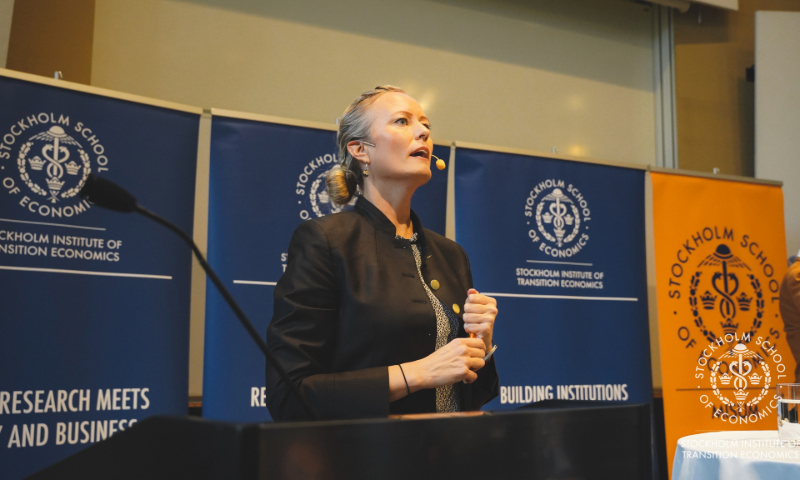
What was the inspiration behind establishing Nordic Circular Hotspot? What are its mission and vision?
The Nordic Circular Hotspot was initiated in 2018 by Cathrine Barth (Natural State) from Norway and me (Cradlenet) from Sweden when we met during the Holland Circular Economy Week in The Netherlands. We were impressed by the work of the Holland Circular Hotspot and wanted to start a similar organisation in the Nordics to make sure the countries accelerated their transition to circular economy and catch up with Finland which is far ahead of the other Nordic countries.
At present, the Hotspot is run by a board of Managing Partners from all five Nordic countries. All Managing Partners are experts in the circular economy. The Hotspot now has over 100 partners and is financed mainly by Nordic Innovation.
What market signals have set the shift towards a circular economy in motion? What are some of the benefits and challenges of this economy? What sectors are embracing circular design the most right now?
The biggest drivers for circular change the last years have been the covid crisis and Russia-Ukraine war. They showed what we circular experts had been warning everyone about that the value chains are very vulnerable to disruptions and that there is very little resilience in our societies. The benefits of circular economy is that it takes care of the precious and scarce resources we have on the planet and maintaining the value of them instead of just discarding and destroying our valuable materials as we have been doing the last 50 years.
The first sectors that embraced the circular economy were furniture and fashion with IKEA and H&M as frontrunners taking the whole sectors with them, after them came sharing economy companies, construction, mobility and food.
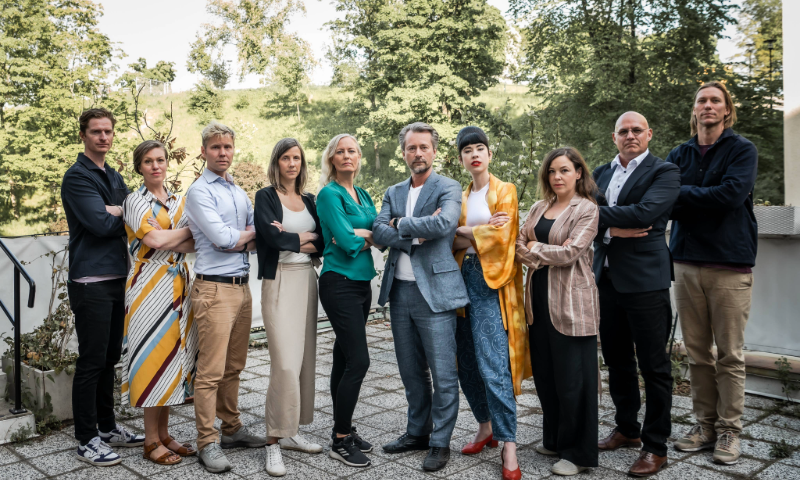
What do you think are the biggest challenges facing businesses when it comes to sustainability?
The biggest challenges are probably the lack of a sense of urgency and good leadership. The latest news that came out was that 2023 was the hottest year ever measured since 1850 and no one even cares even though the extreme weather is getting more and more worse. This will eventually affect everyone’s business and bottom line. But still, we keep pumping up more oil, approving deep sea mining and environmental horrible businesses are giving out record profits to the shareholders. We will surely look back on this time in the future as the true dark ages. We have all the knowledge and science we need to know what will happen and still we continue to act in the opposite way for achieving a sustainable future.
Are there any sustainability trends that have caught your attention and that you believe companies should keep an eye on in 2024?
Yes, but it’s a forced trend by the European Union – I love it though! They have implemented mandatory reporting laws starting this year forcing companies to disclose their impact on climate, biodiversity, water and marine resources, pollution and circular economy and it is as mandatory as financial reporting. This all needs to be included in the annual report from now on starting with large companies and after that midsize and small companies will have to do the same.
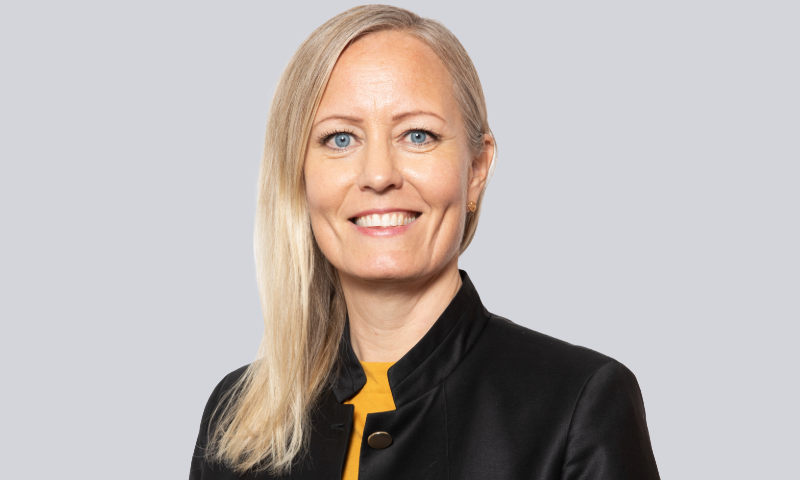
What achievements are you most proud of in the sustainability space?
Making Cradlenet and Nordic Circular Hotspot so successful and helping to make circular economy as a concept so well known in Europe, the Nordics and Sweden.
If you could go back in time, what advice would you give yourself?
I would tell myself to go to the Swedish high school “Marina Läroverket” because then you would be having your school on a sailing ship instead of in a boring normal school. 😊
What are some of your passions outside of work? What do you like to do in your time off?
I love sailing and have sailed half of the world on my own boat, from Stockholm to the Caribbean and back during 2016-2017. I also love travelling sustainably and travel to the Mediterranean twice a year on vacation by train or electric car.
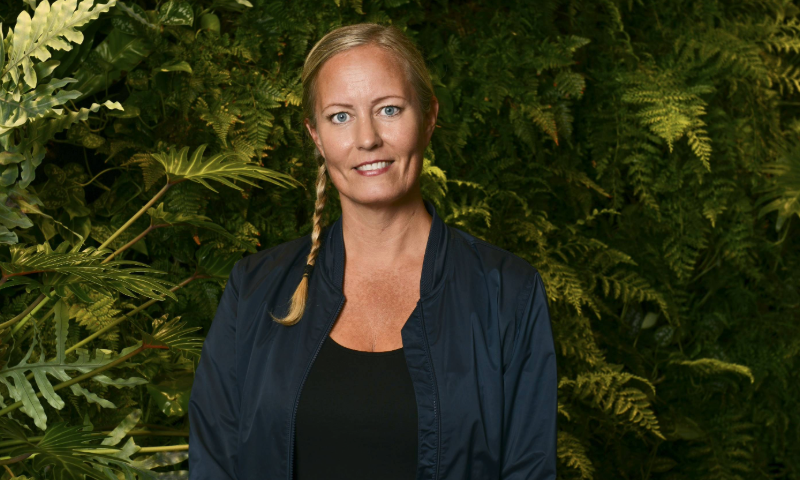
What are your plans for the future? Where do you see yourself in the next 5 years?
My plan is to keep working with circular economy, but I would love to focus more on regenerative business models more. It is one of the circular business models that are about achieving positive impacts on nature, rather than reducing or minimizing negative impacts.
In five years, I hope we have achieved true circular change in the regions we operate. I personally don’t have to be working anywhere else. I love doing what I do now!
What advice would you give to other tech professionals looking to incorporate sustainability into their work?
Just do it! What or who are you waiting for? The best change agents are us. Just start small and grow from there. There is no time to waste!


